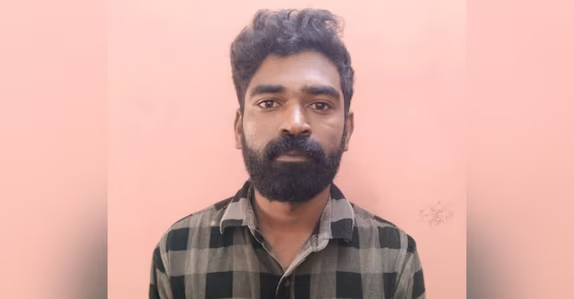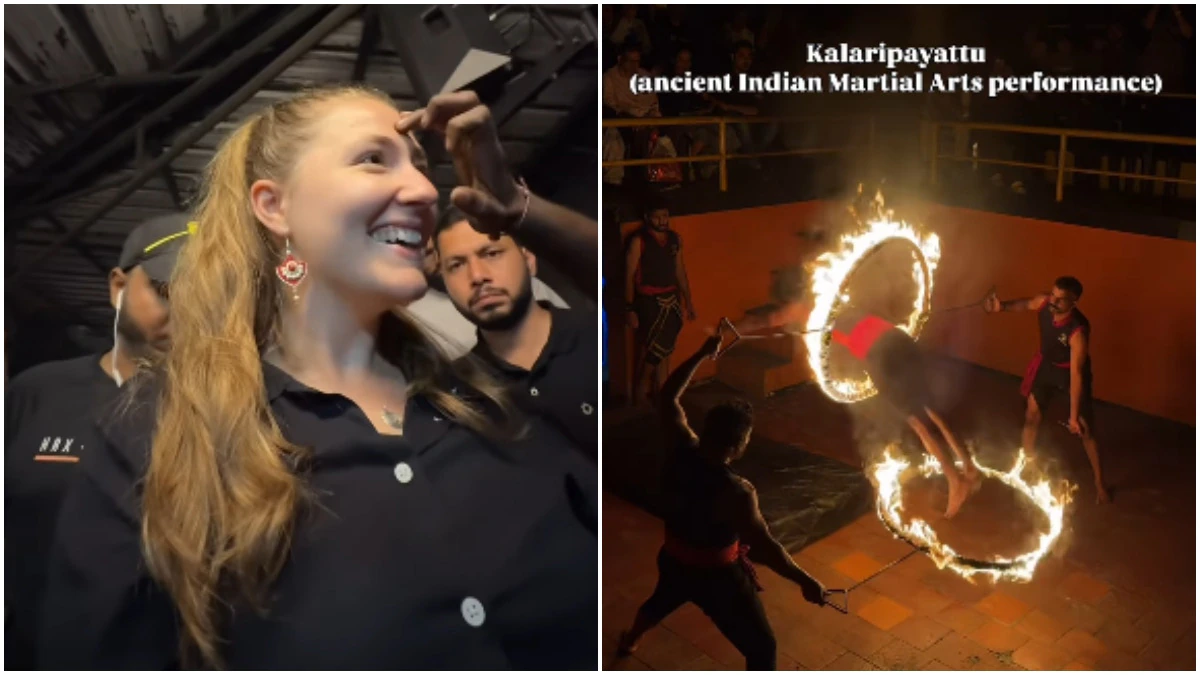New Delhi, january 27, 2026: The Indian Navy has officially released the notification for the recruitment of Short Service Commission (SSC) Officers for the course commencing in January 2027 at
All posts tagged in Kerala
New Delhi, january 09, 2026: In a move that has set social media abuzz, Bollywood star Pooja Hegde has reunited with actors Siddhant Chaturvedi and Ishaan Khatter for a high-octane
New Delhi, December 29, 2025: The State Bank of India (SBI) is expected to announce the results for the Clerk (Junior Associate) Mains Exam 2025 shortly. With the examination having
New Delhi, November 27, 2025: A pall of grief has settled over Thoompakulam in Pathanamthitta, Kerala, following a devastating autorickshaw accident that claimed the lives of two young schoolchildren on
New Delhi, November 19, 2025: A shocking video depicting a purported zipline accident in a tourist area was widely circulated online recently, causing significant public alarm. The clip, which quickly
New Delhi, November 14, 2025: A British travel vlogger’s reaction to witnessing a performance of Kalaripayattu, the traditional martial art of Kerala, has achieved viral status across social media platforms.
New Delhi, November 07, 2025: A video capturing a remarkable act of courage by a woman on a moving bus in Kerala has gone massively viral, triggering widespread outrage and
In a significant development for the Kerala unit of the Congress party, Youth Congress state president and prominent leader Rahul Mamkoottathil has resigned from all his party positions. The decision
Thiruvananthapuram, Kerala: Kerala University has announced a re-examination for a batch of MBA students after a significant number of answer sheets from a recent semester examination were reported missing. The
Thiruvananthapuram, Kerala – In a decisive move against the scourge of ragging, the administration of Karyavattom Government College has suspended seven students implicated in the alleged harassment of a junior
- 1
- 2















